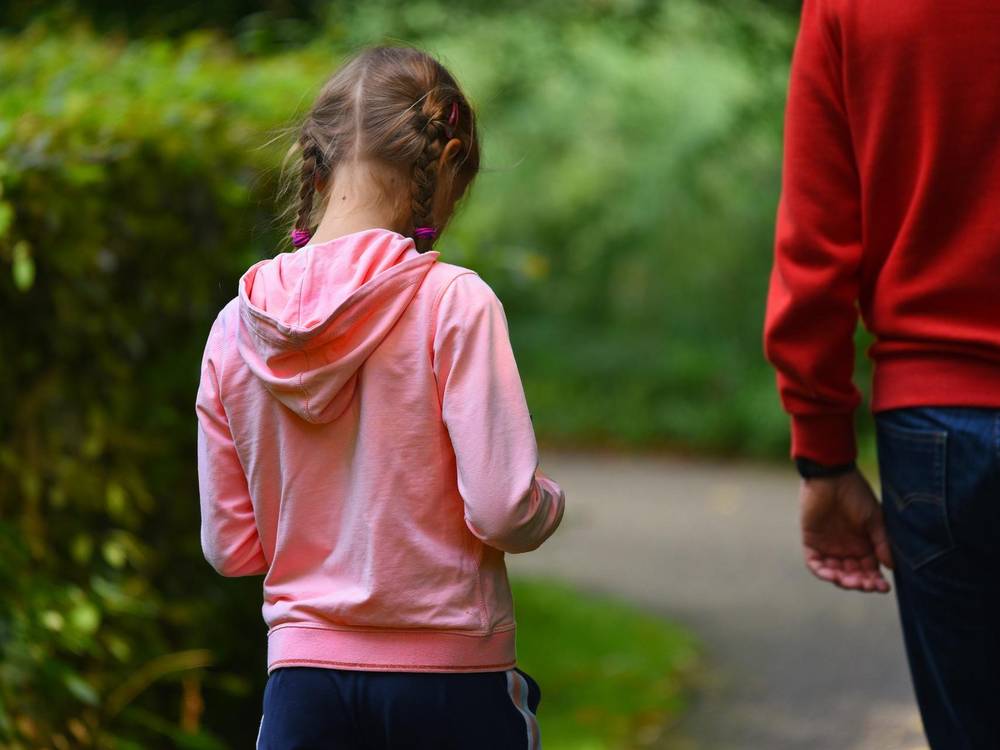“In addition to other documents, the Convention on the Rights of the Child carries important messages that those responsible must abide by when caring for children and adolescents, when realising their rights, and also when preventing violence and other types of abuse against them,” warns Deputy Ombudsman Dr Jože Ruparčič, in charge of children’s rights, upon the European Day on the Protection of Children against Sexual Exploitation and Sexual Abuse and World Children’s Day.
The message that a child is no longer the object of rights but the subject and is an active and independent bearer of his or her own rights which society must respect is important. In accordance with Article 3 of the CRC, in all activities relating to children, be they carried out by the state or private institutions for social care, courts, administrative bodies, or legislative bodies, children’s rights must be the main guidance. The Deputy believes that as a society when caring for a child we should, in addition to the principle of their best interest, to the greatest extent also pursue the principle of timeliness. “If we detect a child’s distress in time, we can prevent many harmful consequences for the child long-term. Investment in the prevention of violation of children’s rights long-term brings results not only for this concrete individual but also for society as a whole, since only healthy individuals who were protected in their youth can create a healthy and safe society in their adulthood,” emphasises the Deputy Ombudsman.
On this occasion, Dr Ruparčič brings attention to several still current questions the institution of the Ombudsman meets in the field of child care. These are lengthy judicial procedures in cases pertaining to children, and the lack of legal experts, primarily clinical psychologists and children’s psychiatrists. “The social exclusion of a certain number of children is still present, many children and adolescents face mental health problems, there are still many gaps in the field of children with special needs, and problems that are the consequence of parents’ divorce are also frequent, while peer and on-line violence remains a pressing question,” enumerates Dr Ruparčič.
Deputy Ruparčič adds that the CRC in its Article 19 protects children from all forms of violence and defines violence as “all forms of physical or mental violence, injury or abuse, neglect or negligent treatment, maltreatment or exploitation, including sexual abuse”. In addition to this, it introduces a series of other rules for the protection of children both in the public and private or family environment.
“Nevertheless, all the provisions of the CRC cannot suffice if the people responsible do not assume the responsibilities deriving from them and if the crucial means for the realisation of all rights, which is education, is not also implemented on a high enough quality level,” emphasises Deputy Ombudsman. He adds that the right to education enables economically and socially marginalised children to rise from poverty, while also acquiring ways for full participation in their communities. Education bears an essential role in the protection of children from various dangers and sexual abuse. Dr Ruparčič recalls that education is increasingly acknowledged as one of the best financial investments of the state and is crucial for the development and progress of human rights and society as a whole.
The Deputy Ombudsman estimates that the state of children’s rights in Slovenia is comparable to the European level; however, social inequality still does not enable all children to fully enjoy all their rights even in the European, let alone in the global context, where due to wars and the climate crisis children do not enjoy even the basic rights, the right to life, and the right to live safely, without abuse. “The slogan of this year’s World Children’s Day For every child, every right thus remains a beacon, the path to which must, both on the national and global levels, be paved in dialogue and through collaboration,” further stresses Deputy Ruparčič.

![[Translate to English:] Deklica s svojim očetom [Translate to English:] Deklica s svojim očetom](/fileadmin/_processed_/5/7/csm_hcerka__oce_7af761af38.jpg)
